This US Army veteran doesn’t consider himself a runner. So why’s he running 150 miles through the Sahara Desert?
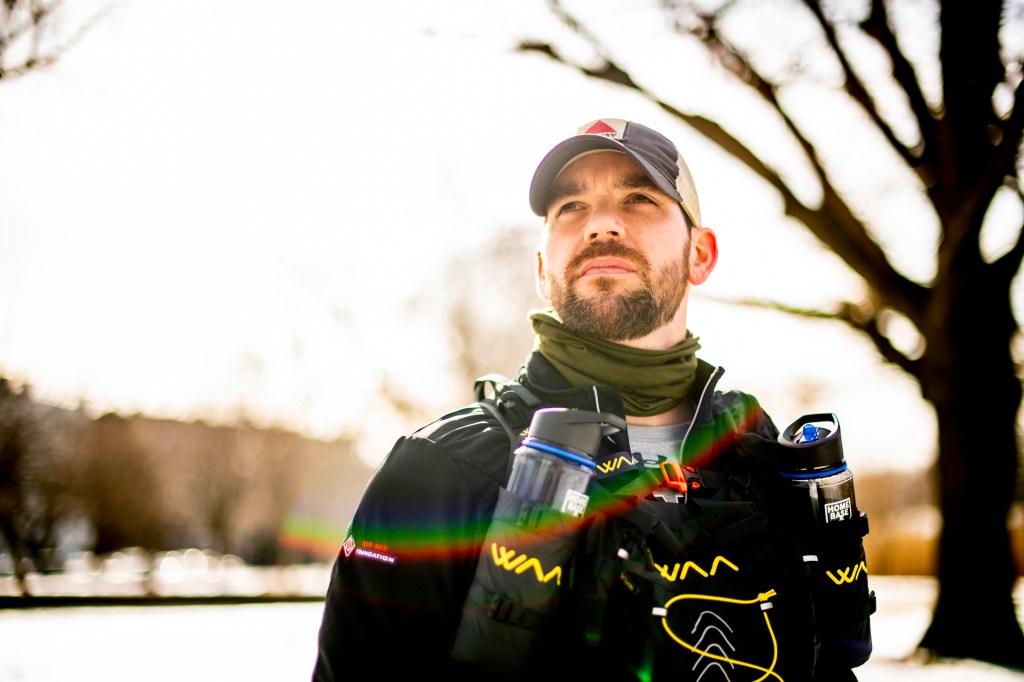
Ryan Vanderweit’s backpack is remarkably small, considering it has to hold everything he’ll need to run through the desert for a week. Among other items, it contains clothes for six or seven days in the Sahara, bottles of water, plastic baggies full of raisins and macadamia nuts—snacks that are easily digestible and packed with the sugar and fat Vanderweit’s body will need to keep trucking—a solar-powered battery to recharge his phone, and a venom extractor kit, in case Vanderweit gets stung by a scorpion.
“Hopefully I’ll never have to use that,” he said, packing it away again.
Vanderweit, 36, is running in the Marathon Des Sables, a 250km race (that’s roughly 150 miles, or the distance of about six regular marathons) through the Sahara Desert. It’s considered one of the toughest foot races on the planet. The temperatures during the race, which has been pushed back to September because of the COVID-19 outbreak, will likely vary drastically—it can reach 120 degrees Fahrenheit during the day and dip to below freezing at night. And that’s not to mention the challenge of running through sand for a week.
A U.S. Army veteran and a certified strength and conditioning specialist, Vanderweit, who earned his master’s degree in sports leadership at Northeastern in 2017, is no stranger to physical challenges. He ran the Boston Marathon in 2016, but doesn’t consider himself much of a runner, and certainly not the type to seek out a 100-plus-mile ultramarathon, Vanderweit said. He has a frame that’s compact and spring-loaded, more built for the weight lifting and strength training that he typically gravitates toward.
“This is a completely different beast for me,” Vanderweit said from the comfort of Northeastern’s Center for the Advancement of Veterans and Servicemembers during a day off from training. “But, my plan is to finish this race no matter the conditions, even if I have to crawl across the finish line.”
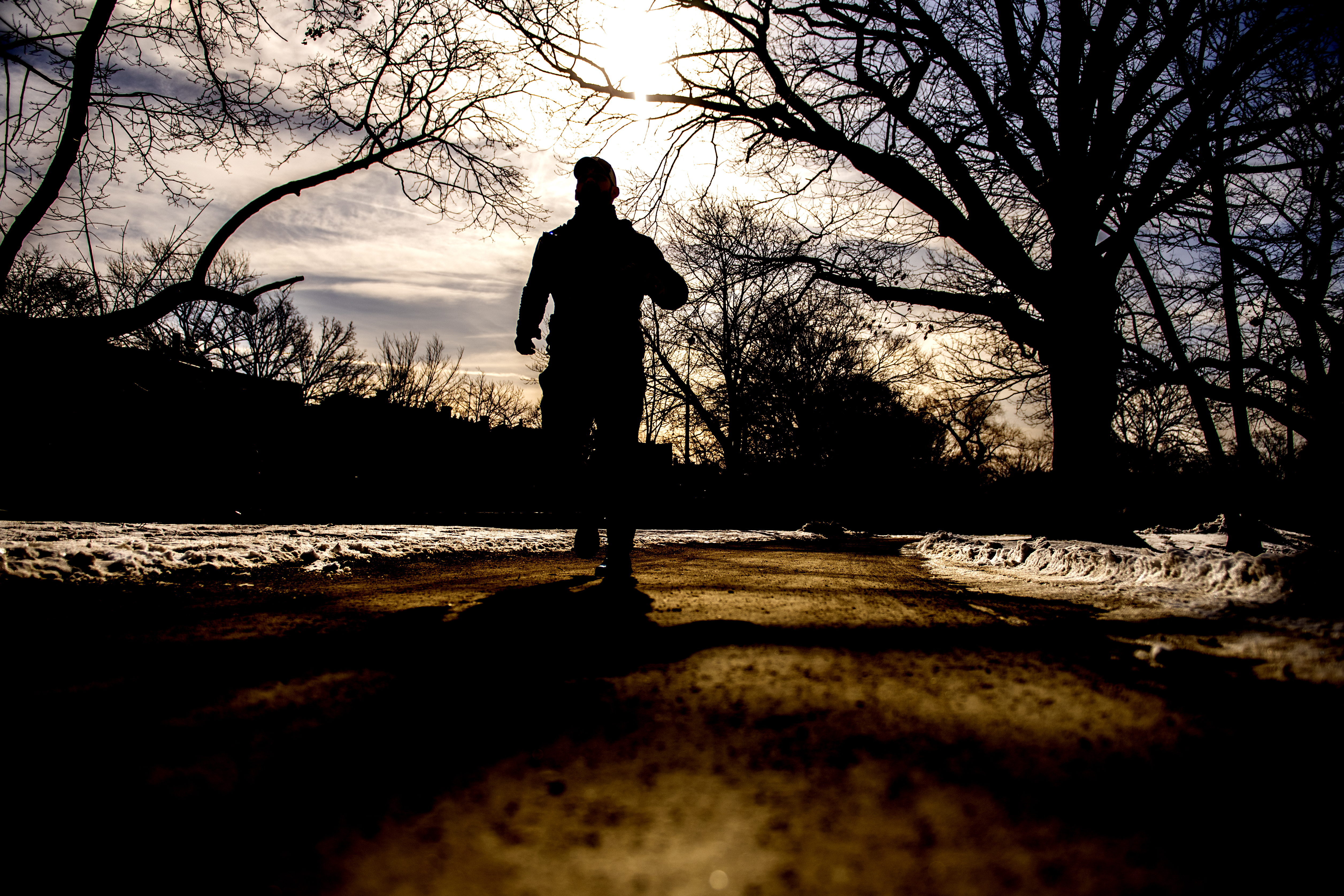
Vanderweit says he’s motivated by his mission—to raise money for organizations that provide mental health and wellness services for veterans. Vanderweit works at one of them: He’s the health and fitness program director for Home Base, a nonprofit organization that works with the Boston Red Sox and Massachusetts General Hospital to support veterans.
Organizers from Home Base recently teamed up with an organization in the United Kingdom, Walking With the Wounded, that helps connect veterans to healthcare services. The Marathon de Sables serves as one of the organization’s biggest fundraisers, similar to marathons in New York or Boston for many U.S. nonprofit organizations, Vanderweit said. He’ll be running with the Walking With the Wounded team to raise money for Home Base.
“The way we saw it was that the U.K. is our ally—we train together, fight together, bleed together, and we should heal together,” Vanderweit said.
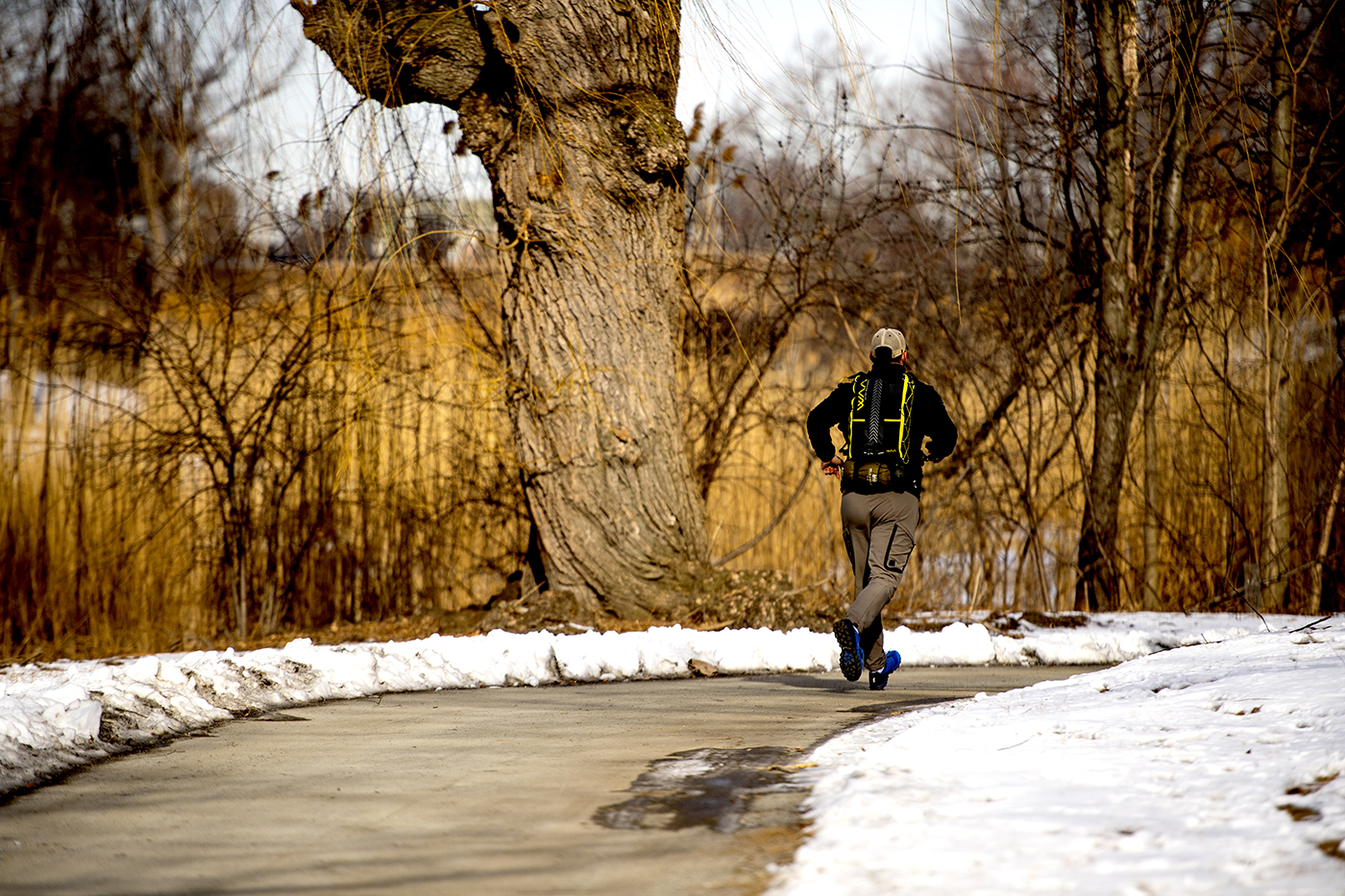
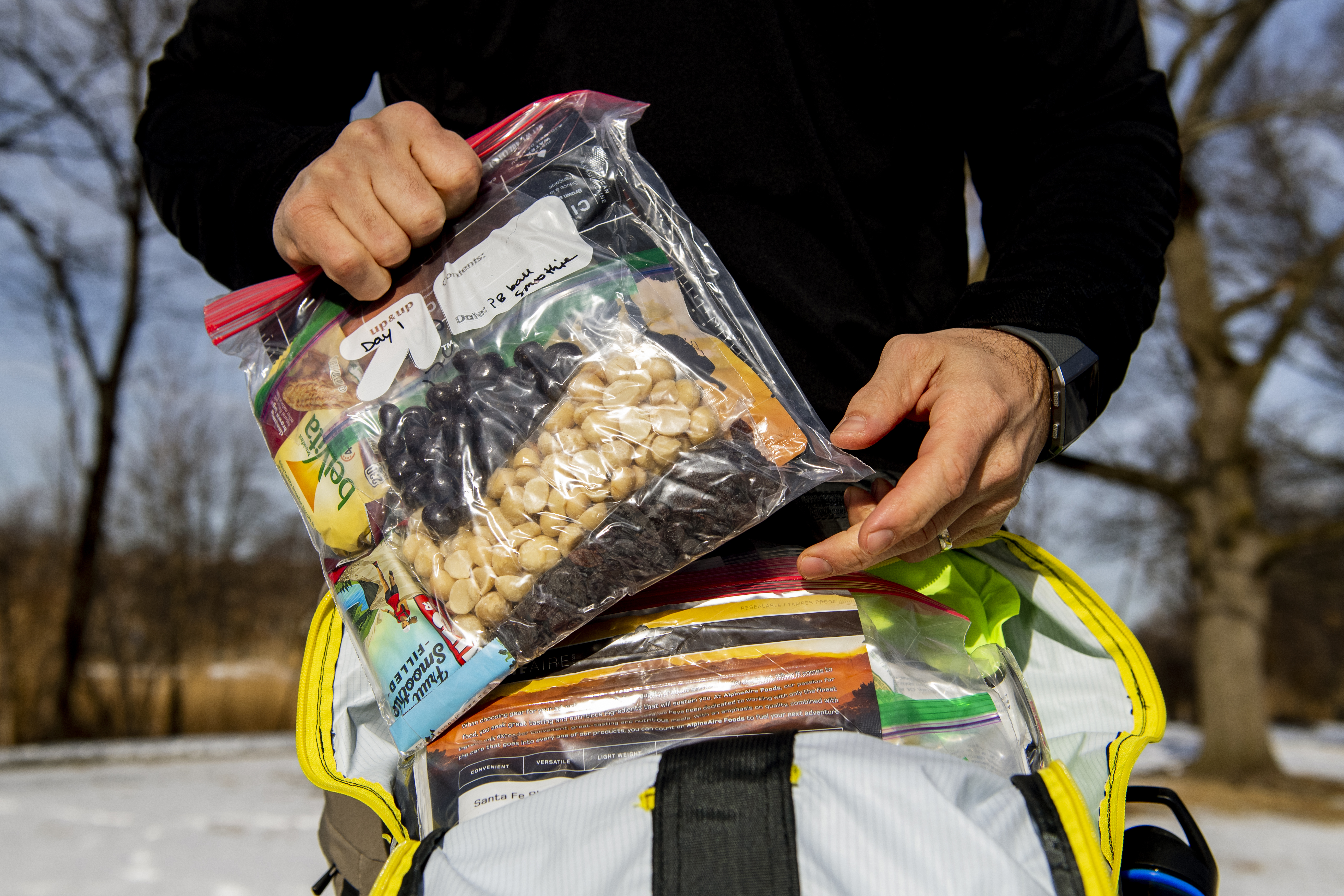
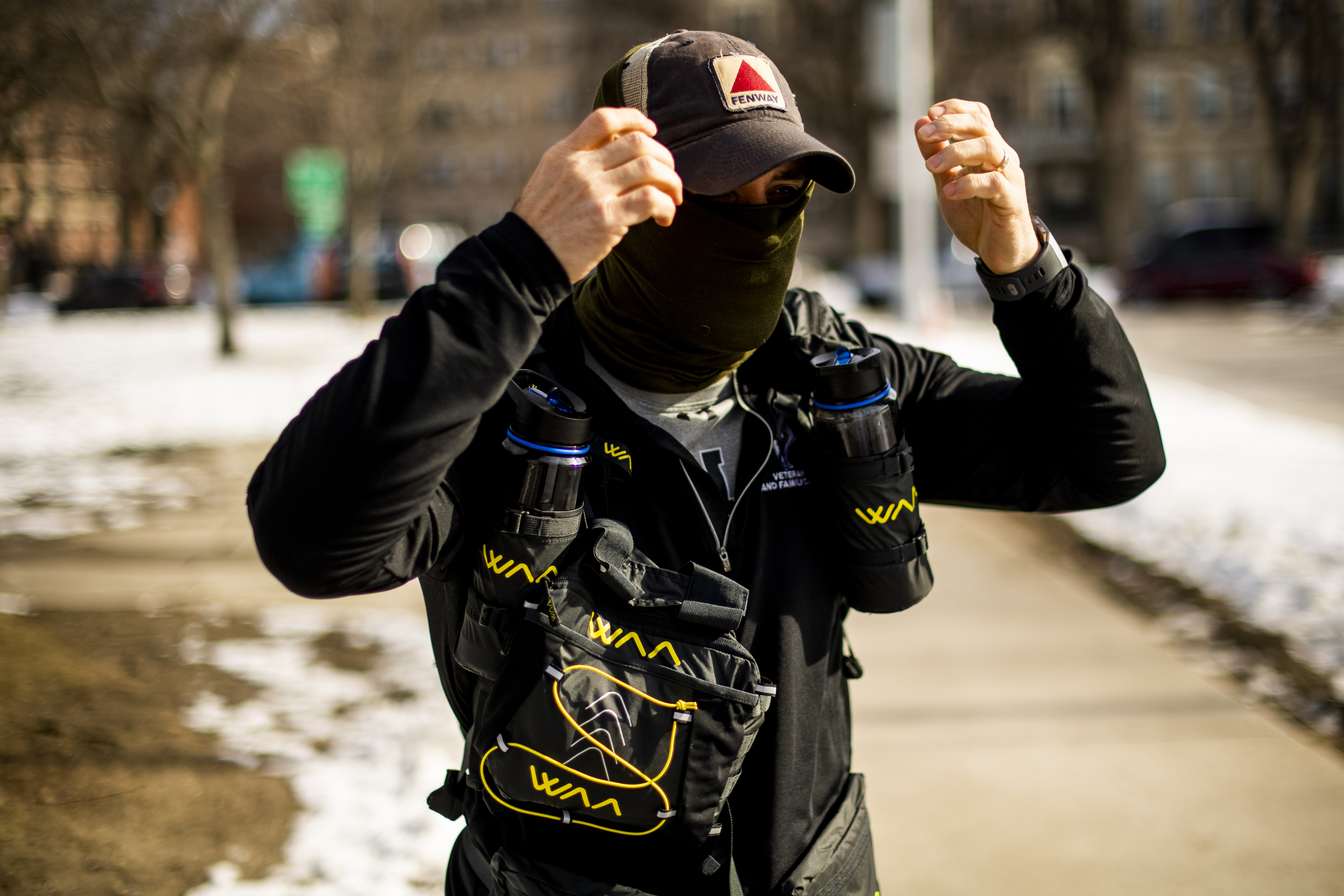
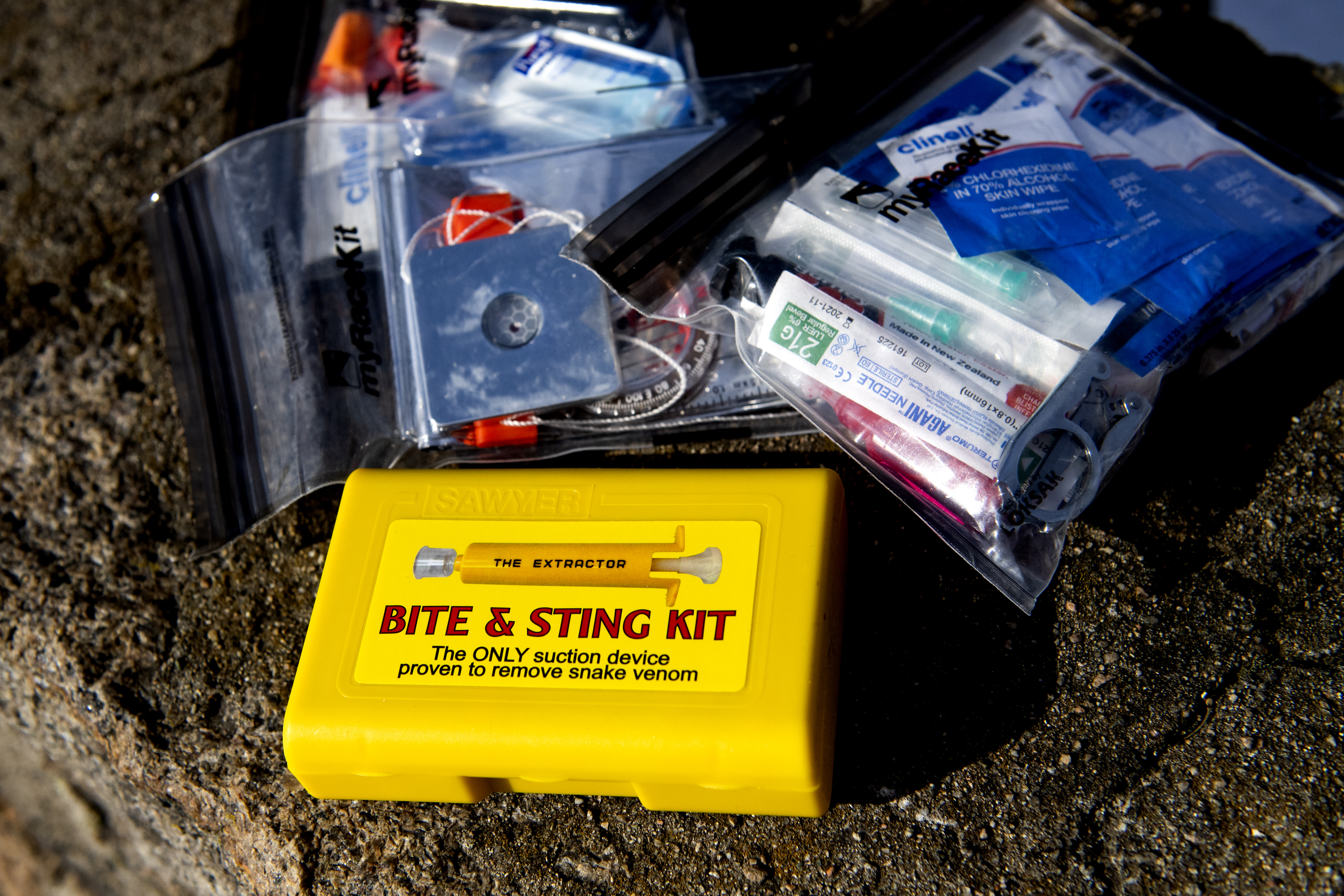
Vanderweit enlisted in the U.S. Army in 2002, joining the infantry in the 101st Airborne Division. He was stationed in Fort Campbell, Kentucky, and was deployed for a yearlong tour of Iraq in 2003. Starting in 2006, he served as a firefighter in the Army National Guard, and was honorably discharged at the rank of staff sergeant in 2009.
Completing the Marathon de Sables will require Vanderweit to traverse a wide variety of terrain—dried lake and river beds, hard-packed sand, rocks and gravel—as well as battle changes in elevation, Vanderweit said. Roughly 20 percent of the race will involve climbing up and over sand dunes and jebles (which are small, rocky mountains). And each of these changes will require Vanderweit to adjust his speed and movements.
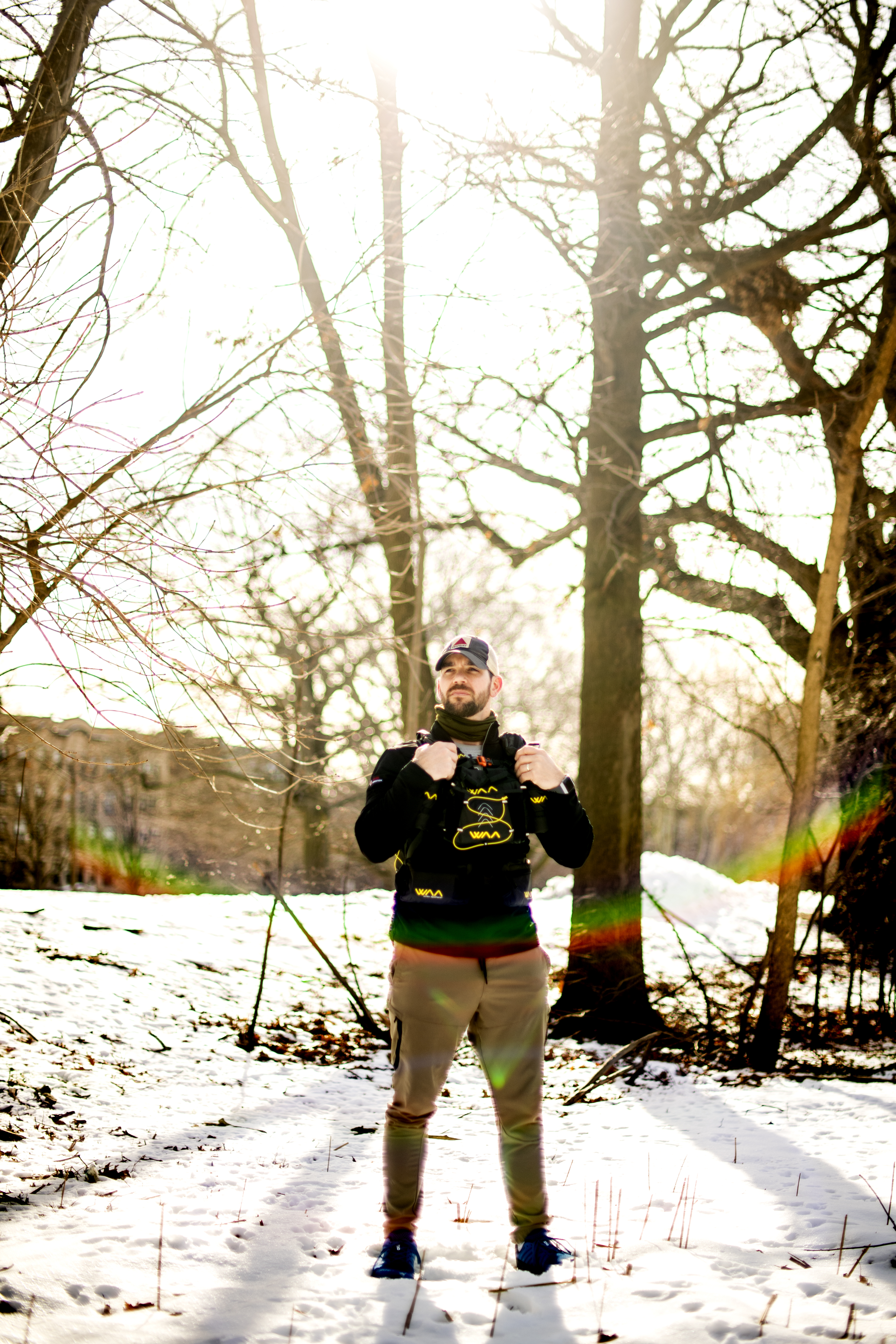
“My plan is to finish this race no matter the conditions, even if I have to crawl across the finish line,” Vanderweit said. Photo by Matthew Modoono/Northeastern University
“I can move faster across hard-packed sand, and I’ll have to conserve energy in the deeper sand dunes,” he said. Some of the jebels are equipped with ropes “because they’re so steep and it’s very easy to lose footing,” Vanderweit said.
Some of his military training will come in handy during the race—Vanderweit and his fellow soldiers had to carry their full gear as far as 20 miles, he said.
Still, 150 miles is much different than 20.
Vanderweit is keeping to a training schedule that mostly entails logging hundreds of miles on his feet. And since running through a Boston winter won’t necessarily prepare him for the temperatures in Morocco, Vanderweit will train in a heat chamber—a climate-controlled room at the University of Connecticut that’s designed to simulate high temperatures and humidity—at the end of March. Until then, he’s wearing a lot of layers.
So far, the training has proven to be “more of a mental drain than a physical drain,” Vanderweit said. “Being out there for five-, six-, seven-, eight hours at a time takes a toll.”
To combat the drudgery, Vanderweit listens to podcasts or music: A little Pitbull to get started (“something with a little bounce to it,” he said), Linkin Park or something a little angrier toward the middle, and maybe some 90’s hip hop—Kris Kross or Tag Team to push through the end.
“Or Lizzo if I’m really down,” he added.
In addition to the myriad necessities in his backpack, Vanderweit is also bringing a few items for good luck: his dog tags, and photos of his family.
And, ultimately, it’s the mission that helps provide Vanderweit with the fuel for a long training schedule and a grueling race, he said.
“I don’t have a background in running, so this event is a daunting task and it can be overwhelming at times, but with proper preparation and support, it’s something that I’ll be able to overcome,” he said. “And in many ways that’s symbolic of the challenges that our veterans are facing when they come in [to organizations such as Home Base]: They’re in a place where they need support, and if they can face that, I can do this.”
For media inquiries, please contact media@northeastern.edu.





